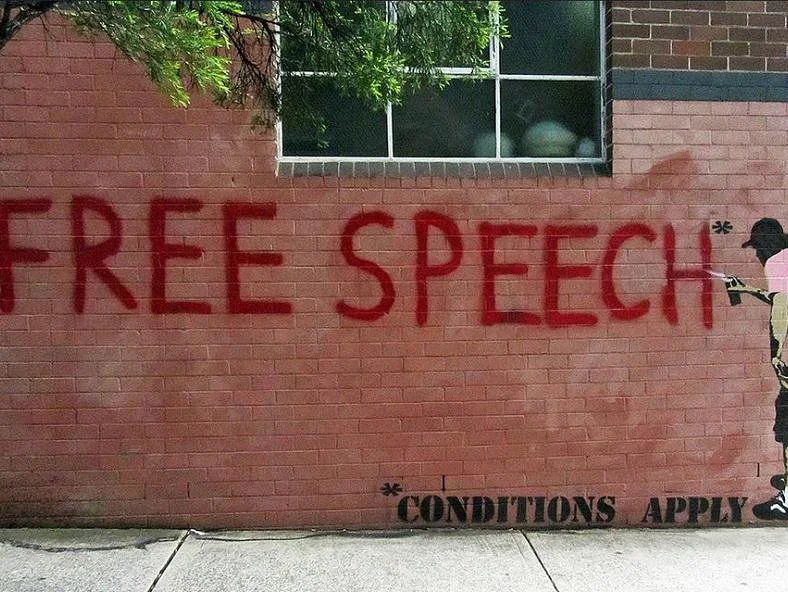Safe spaces

In autumn 2016, UK prime minister Theresa May condemned the rise of ‘safe-spaces’ at British universities, stating that they should be places of "open debate". But a new article from Dr Peter Ramsay argues that Prevent, part of the government’s own counterterrorism strategy, will have a similarly stifling effect on free speech within higher education.
Prevent is a government policy initiated in 2003 that aims to stop individuals being drawn into terrorism. It imposes a duty on universities to demonstrate they have taken steps to ensure staff know how to identify students who may be ‘vulnerable to radicalisation’ and how to report them to the authorities. It also requires university administrators to ‘mitigate the risk’ of radicalisation arising from extremist speakers on campus. Where the risk cannot be mitigated, events must be banned.
Dr Ramsay suggests that this kind of policy is unlikely to be effective in enhancing national security; it will merely alienate Muslim students, the main group of students affected.
He said: "Muslim students are likely to draw the conclusion that they are being targeted. This is not likely to endear them to British political institutions and will inevitably affect how they communicate in learning environments."
"Any student who is sympathetic to extremism will know about Prevent and will adjust their behaviour when on campus. But thousands more students of Muslim background will have a heightened awareness of how they are officially perceived, and of what they say."
Although Prevent may have a big impact on the consciousness of Muslims, it is likely to be futile in its own terms, Dr Ramsay said. "It aims to reassure an anxious public. In this way, it is similar to criminal justice policy more generally, intended to create the impression that the government is on top of a problem."
Safe spaces are a student-led movement that have emerged on Britain’s campuses in recent years, designed to limit students’ exposure to views which make them feel unsafe or unwelcome. They come with a language that will now be familiar to many: ‘trigger warnings’, ‘microaggressions’, and ‘no-platforming’. Some argue that the whole university or college should become a place where students will not have to encounter views that they regard as dangerous or disrespectful to diverse identities.
A high-profile example of this was when writer Germaine Greer was subjected to a student-led campaign in October 2015 to ban her from giving a lecture at Cardiff University. The reason given by the campaigners was that her history of making transphobic statements added to the climate of discrimination, made her an unsuitable figure to receive a public platform.
Dr Ramsay argues that Prevent and safe space are linked by their subversion of free expression on campuses, and by the underlying scepticism that both strategies express about students’ abilities to exercise independent political judgement.
He said: "When one group of students stops another group of students from hearing a speaker whom they want to hear, this too is censorship. Both Prevent and safe spaces assume that students should be protected from ideas that might harm them. But there is no higher education if students cannot learn how to exercise their powers of argument and their own judgement."
"One of the ironies of safe spaces is that many of its student proponents would not be sympathetic to Prevent. But the more demand there is for safe spaces, the easier time initiatives like Prevent will have," Dr Ramsay adds.
To understand how respect for individual identity became so sacred to many students, Dr Ramsay says it is necessary to dig deep into the social changes that started in the 1960s. He said: "Since this era, society has become reorganised around the idea of the person as a consumer. When consumption occupies the centre of citizens’ lives and aspirations, individual identity will start to assume a greater importance than the democratic political contest of ideas that occurs in open debate."
Dr Ramsay views the rise of identity as the counterpart of the wider decline of our democratic culture. He said: "In western society, young people are now less supportive of democracy. Moving towards a more democratic society that isn’t so identity-focused will require us to foster in students precisely the emotional robustness and intellectual independence that both Prevent and safe spaces seek to inhibit."
"That means exposing students to challenging views and for them to be able to express their own opinions freely" he said.